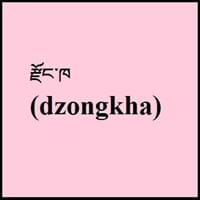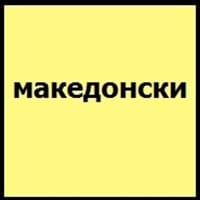Dzongkha vs Macedonian
- Standard romanization of the Dzongkha language is Roman Dzongkha.
- There are plenty of loan words in Macedonian language from the Serbian, Bulgarian and Russian languages.
- The only Indo-European language that make use of the narrative mood is Macedonian language.
Dzongkha and Macedonian Language History
Comparison of Dzongkha vs Macedonian language history gives us differences between origin of Dzongkha and Macedonian language. History of Dzongkha language states that this language originated in 17th Century whereas history of Macedonian language states that this language originated in 2200 BC. Family of the language also forms a part of history of that language. More on language families of these languages can be found out on Dzongkha and Macedonian Language History.
Dzongkha and Macedonian Greetings
People around the world use different languages to interact with each other. Even if we cannot communicate fluently in any language, it will always be beneficial to know about some of the common greetings or phrases from that language. This is where Dzongkha and Macedonian greetings helps you to understand basic phrases in Dzongkha and Macedonian language. Dzongkha word for "Hello" is Kuzoozangpo La or Macedonian word for "Thank You" is Благодарам (Blagodaram). Find more of such common Dzongkha Greetings and Macedonian Greetings. These greetings will help you to be more confident when conversing with natives that speak these languages.
Dzongkha vs Macedonian Difficulty
The Dzongkha vs Macedonian difficulty level basically depends on the number of Dzongkha Alphabets and Macedonian Alphabets. Also the number of vowels and consonants in the language plays an important role in deciding the difficulty level of that language. The important points to be considered when we compare Dzongkha and Macedonian are the origin, speaking countries, language family, different greetings, speaking population of these languages. Want to know in Dzongkha and Macedonian, which language is harder to learn? Time required to learn Dzongkha is Not Available while to learn Macedonian time required is 44 weeks.





